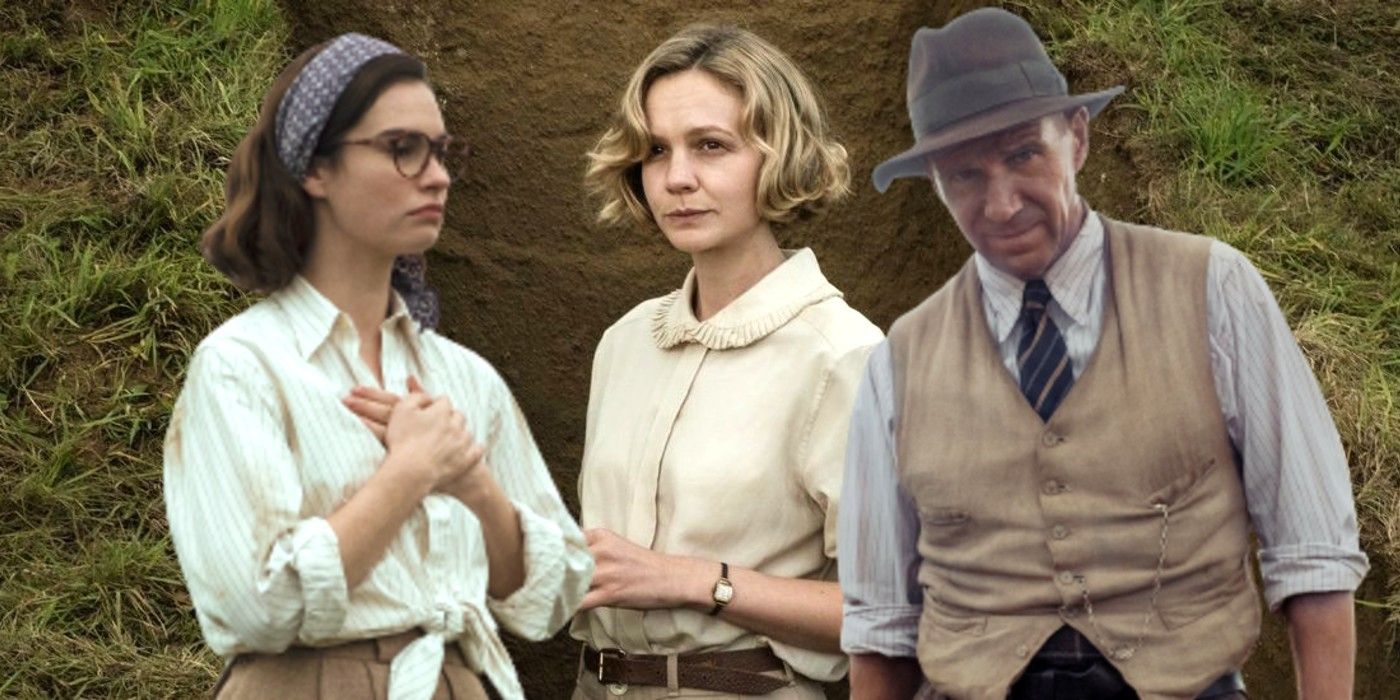is a gripping American drama film written and directed by John Patrick Shanley, adapted from his Pulitzer Prize winning stage play of the same name. Set in 1964 at a Catholic school in the Bronx, the film explores themes of suspicion, authority, morality, and the unsettling space between certainty and ambiguity. Anchored by powerful performances from Meryl Streep, Philip Seymour Hoffman, Amy Adams, and Viola Davis, Doubt is a tense and thought provoking examination of human conscience and institutional power.
The story revolves around Sister Aloysius Beauvier (Meryl Streep), the stern and uncompromising principal of St Nicholas School. When the young and innocent Sister James (Amy Adams) expresses concern about Father Brendan Flynn (Philip Seymour Hoffman) showing what she perceives as inappropriate attention toward Donald Miller, the school’s only Black student, Sister Aloysius becomes convinced that Father Flynn is guilty of misconduct. Armed with no concrete proof, only a deep sense of moral intuition, she begins a personal crusade to expose and remove him.
The central conflict of the film is not about confirming guilt or innocence but about the very nature of doubt itself. Father Flynn insists he is innocent, portraying himself as a progressive and compassionate figure in contrast to the rigid, old fashioned approach of Sister Aloysius. Their ideological clash becomes the foundation of the story, questioning whether moral conviction is enough to justify potentially destructive action.
/media.prod.hawc.canal.aws.io-cplus.net/a78d30beca9d3092fc4cedfdce9e5af1.jpg)
Meryl Streep delivers a commanding performance as Sister Aloysius, embodying a woman hardened by discipline, tradition, and an unwavering sense of right and wrong. Her facial expressions, controlled voice, and precise physical presence make her both formidable and fascinating. Philip Seymour Hoffman’s portrayal of Father Flynn is equally compelling, capturing a man who may be kind and misunderstood, or possibly manipulative and dangerous. The film never provides definitive answers, and that ambiguity is its greatest strength.
Amy Adams brings depth to Sister James, a character torn between her naivety and growing awareness of the complexities around her. Viola Davis, in a brief but unforgettable role as Donald Miller’s mother, delivers one of the film’s most emotionally charged scenes. Her performance earned her an Academy Award nomination despite appearing in just one scene. Her quiet, painful honesty adds yet another layer of moral complexity to the film’s central question.

Visually, the film reflects its themes with muted tones, shadow filled interiors, and cold winter landscapes that evoke a sense of emotional isolation and uncertainty. The restrained cinematography and deliberate pacing mirror the psychological tension among the characters, keeping the viewer constantly unsettled.
Doubt does not aim to resolve the questions it raises. Instead, it leaves the audience wrestling with uncertainty, just as its characters do. It challenges viewers to consider how belief, judgment, and fear influence the way we interpret truth and morality. In an era marked by institutional scandals and moral polarization, the film remains strikingly relevant.
In conclusion, Doubt is a masterfully acted, morally complex drama that lingers long after the credits roll. By refusing to offer clear answers, it invites reflection and dialogue about faith, justice, and the fragile boundary between knowledge and suspicion.



